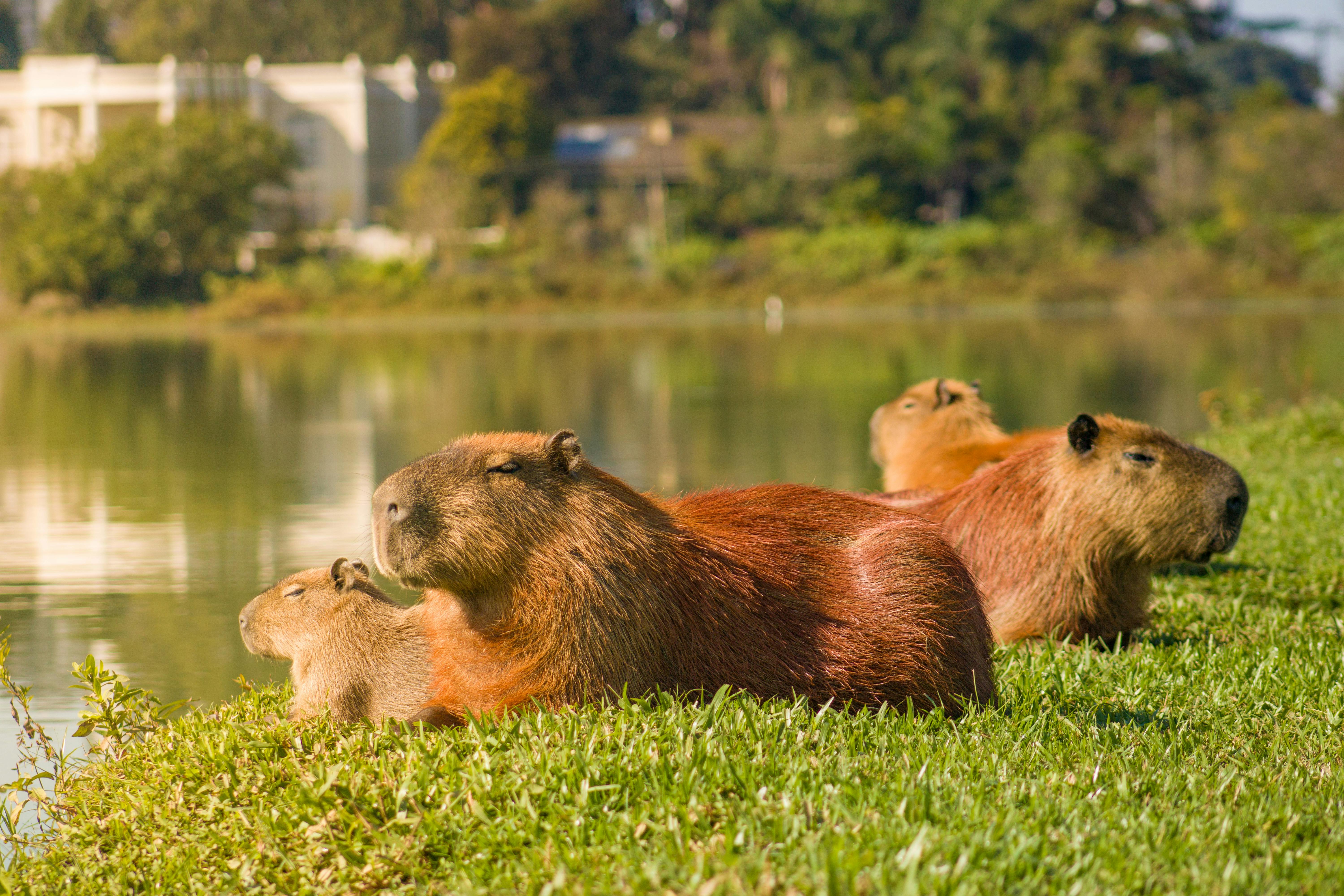Unraveling the Enigma of Capybara Companionship
In the realm of unconventional pets, capybaras have emerged as a fascinating choice for animal enthusiasts seeking a unique companion. These gentle giants, native to South America, have captured the hearts of many with their docile nature and endearing appearance. As the world's largest rodent, capybaras offer a distinctive pet experience that challenges traditional notions of domesticated animals.

Legal Considerations and Ethical Debates
The legality of keeping capybaras as pets varies widely across different regions. In some areas, they are classified as exotic pets and require special permits, while in others, their ownership is strictly prohibited. This legal patchwork has sparked heated debates among animal welfare advocates, conservationists, and pet enthusiasts. Critics argue that capybaras are ill-suited for domestic life, while proponents claim that with proper care and spacious environments, these animals can thrive in human households.
Creating a Capybara-Friendly Habitat
Accommodating a capybara in a domestic setting presents unique challenges. These animals require ample space, both on land and in water, to mimic their natural habitat. A typical capybara enclosure should include a large pool or pond, grassy areas for grazing, and sheltered spaces for rest. The estimated cost of setting up a suitable capybara habitat can range from $5,000 to $10,000, not including ongoing maintenance and veterinary care.
Dietary Needs and Health Considerations
Capybaras are herbivores with specific nutritional requirements. In the wild, they primarily consume grasses and aquatic plants. Domestic capybaras require a diet that closely mimics their natural food sources, supplemented with specially formulated pellets. Regular veterinary check-ups are crucial, as capybaras can be prone to dental issues and parasitic infections. The cost of feeding and maintaining the health of a capybara can average $200 to $300 per month.
Social Dynamics and Companionship
One of the most intriguing aspects of capybara companionship is their social nature. In their natural habitat, capybaras live in large groups, and this social structure translates to their behavior in captivity. Many capybara owners report that these animals form strong bonds with their human caretakers and other pets. However, their need for companionship often means that keeping a single capybara is not recommended, adding another layer of complexity to their care.
The Impact on the Exotic Pet Market
The growing interest in capybaras as pets has had a significant impact on the exotic pet market. Prices for capybaras can range from $1,000 to $3,000, depending on age and availability. This trend has led to concerns about potential exploitation and illegal trafficking of these animals. Responsible breeders and conservation organizations are working to establish ethical guidelines for capybara ownership and breeding programs.
Challenges of Capybara Care
While capybaras can be affectionate and rewarding pets, they come with a unique set of challenges. Their size and strength can make them difficult to handle, and their semi-aquatic nature requires specialized care. Capybaras also have specific temperature requirements, needing protection from extreme heat and cold. Additionally, their social nature means they can become stressed or depressed if not provided with adequate companionship and stimulation.
The Future of Capybara Companionship
As interest in exotic pets continues to grow, the future of capybara companionship remains uncertain. Researchers are studying the long-term effects of domestication on these animals, while animal welfare organizations are pushing for stricter regulations on their ownership. The coming years will likely see a balance struck between the desires of exotic pet enthusiasts and the need to ensure the well-being of these remarkable creatures.






